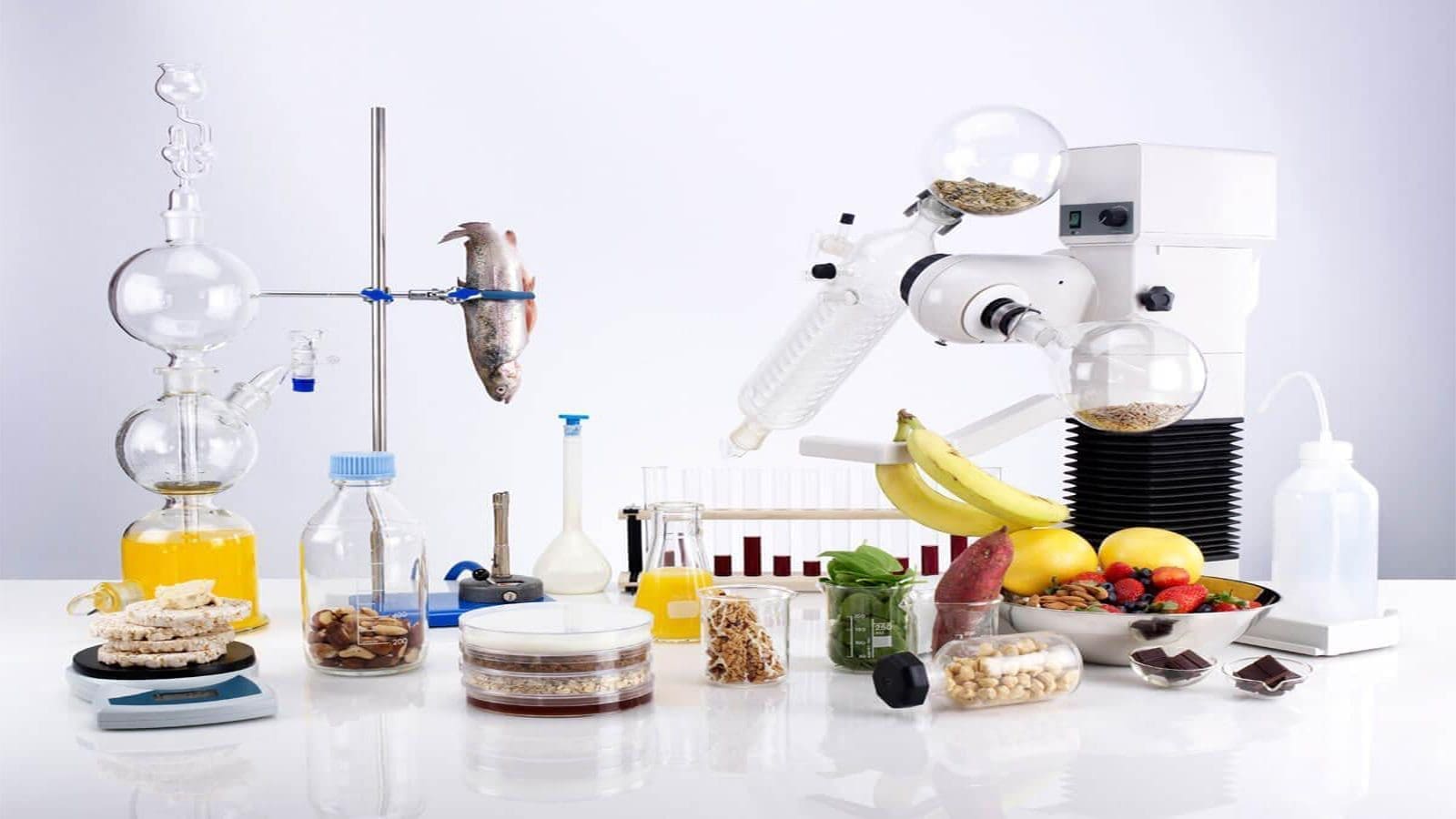GHANA – In its report on the status of agricultural biotechnology in Ghana, the USDA FAS Global Agricultural Information Network (GAIN) has stated that the country recognizes the potential of biotechnology as a critical innovation in the quest for national food and nutrition security.
The new administration of Ghana launched an initiative titled “Planting for Food and Jobs” to focus on increasing food security and domestic production of key crops, including corn, rice, and soybeans.
Though it was not directly stated in the initiative, biotechnology is one of the important tools in achieving Ghana’s goals.
In June 2022, the National Biosafety Authority approved the environmental release and commercialization of Bt cowpea.
Three other biotechnology events (two soybean events and one corn event) submitted by Bayer South Africa have also received the NBA’s approval to be imported for use as feed/food and processing in Ghana. This approval, however, does not cover planting the events in Ghana.
The National Biosafety Committee (NBC), the forerunner of the NBA, received five requests for study on biotech crops.
The Council for Scientific and Industrial Research’s (CSIR) Crop Research Institute (CRI) made requests for Nutrient Enhanced sweet potatoes and Nitrogen Use Efficient (NUE) rice.
In addition, the Savanna Agricultural Research Institute (SARI) submitted applications for GM cotton, Bt cowpea, and cotton with stacking characteristics for herbicide tolerance and insect resistance.
The CRI also submitted an application to the NBA for rice that is salt tolerant, salt-use efficient, and nitrogen-use efficient (NEWEST). The NUE rice study is complete, and the deregulation application paperwork has been prepared.
According to the report, lack of funding is preventing the confined field trials for the NEWEST rice. This has also forced the suspension of trials for the nutrient-enhanced sweet potato.
Despite not having any commercial production of biotechnology crops, Ghana permits the importation of these crops provided approval is sought from the NBA and the Food and Drugs Authority (FDA).
For bioengineered products with actively observable GE features or those that haven’t undergone a lot of processing to denature the foreign DNA, a food safety assessment is necessary.
Agricultural products that may contain GE components, such as microbial biotech products, soybean, soybean meal, soybean oil, and other processed foods, are freely imported from Argentina, Brazil, China, the European Union, South Africa, and the United States per the scope of the Biosafety Act of 2011 and the Biosafety Regulations of 2019.
Significant imports of these items, totaling 205,000 MT annually, have been seen during the last five years.
The NBA however requires additional approval for stacked events. Moreover, if the sequencing of a GE characteristic that has previously been authorized changes, the approval must likewise be reviewed.
For all the latest food safety news from Africa and the World, subscribe to our NEWSLETTER, follow us on Twitter and LinkedIn, like us on Facebook and subscribe to our YouTube channel.








